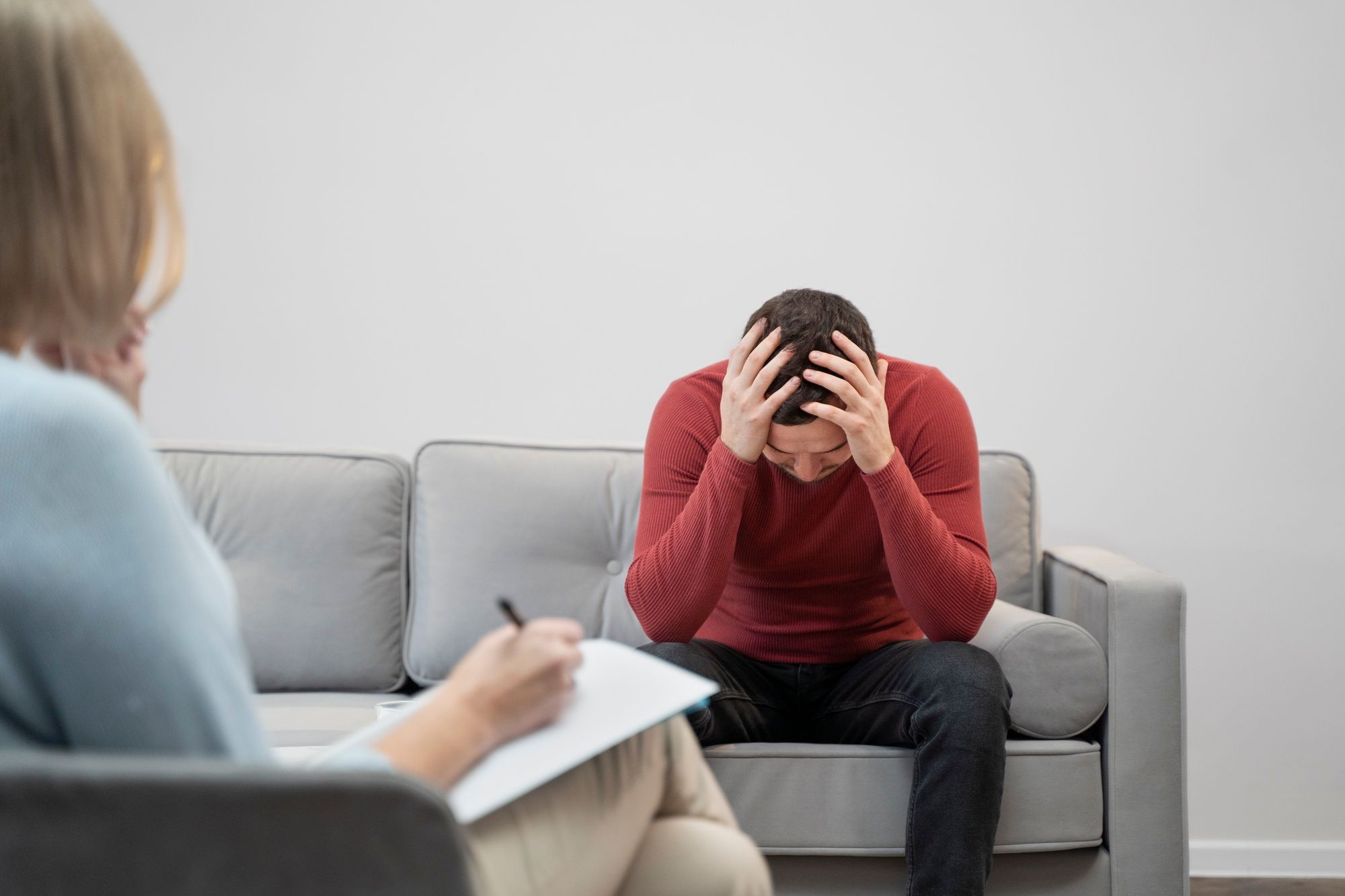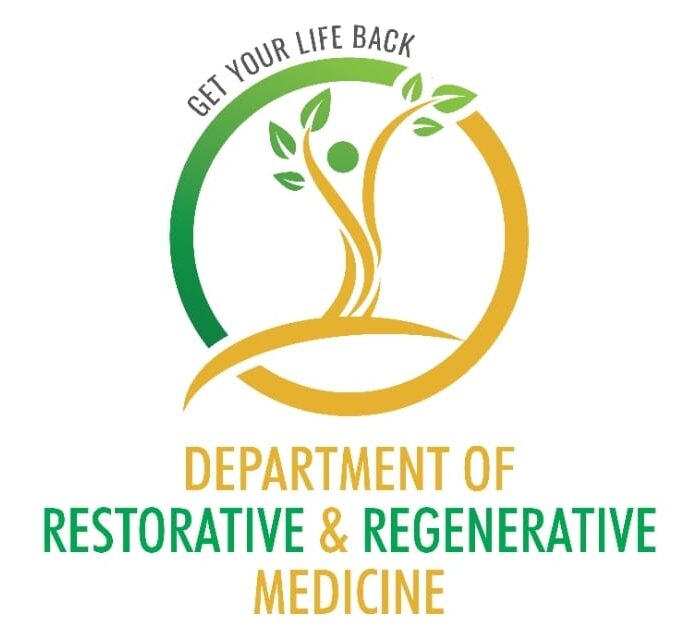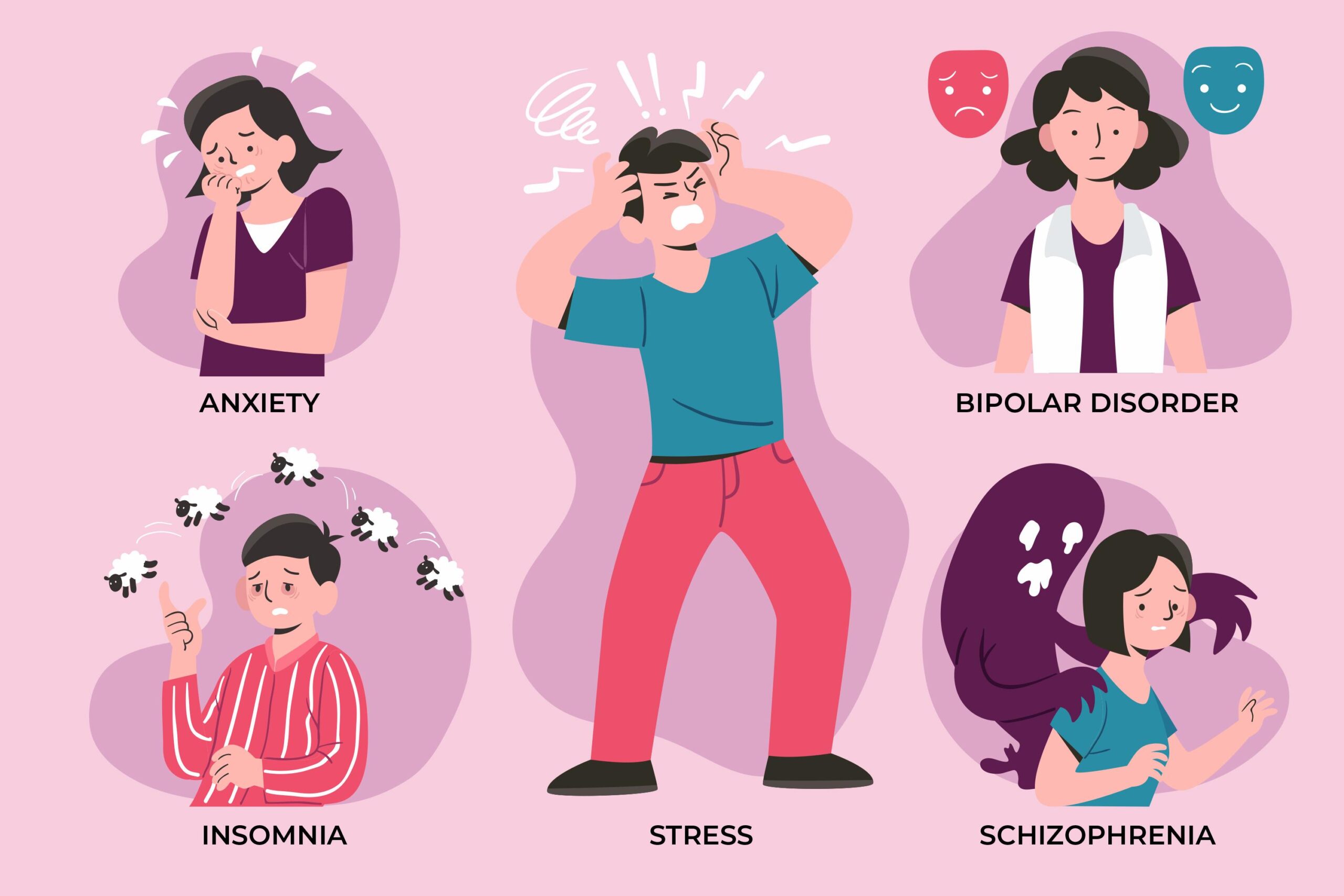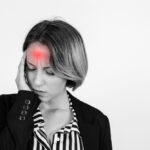Depression- Causes, Symptoms, and Treatments

Overview
Depression, a common mental health condition that affects a large number of people worldwide, can emerge as continuous sorrow, hopelessness, and a loss of interest in formerly enjoyable activities. It may have an effect on cognitive functions, sleep patterns, food habits, and overall behavior.
It is crucial to recognize that depression is not a sign of weakness or a flaw in oneself, but rather an underlying medical condition that requires professional help from the best depression specialist doctors in Mumbai. Depression can worsen over time and last for a long time if left untreated. In extreme cases, it may lead to self-harm or suicide.
Fortunately, depression is counted among the most treatable mental health disorders. With appropriate interventions such as TMS treatment for depression. The majority of individuals with depression can experience recovery and lead fulfilling lives.
In this blog, we aim to delve into various aspects of depression, including its types, and symptoms. We will also explore its potential causes and available treatment options. Furthermore, we have listed the valuable tips provided by the neurologists at the Department of RNR Medicine in Jaslok Hospital, the best depression clinic in Mumbai on mitigating the risk of depression and recognizing when it is essential to seek professional help.
What is Depression Exactly?
Depression, a mood disorder, is characterized by a persistent sense of sadness and a loss of interest in formerly enjoyable activities. It can also affect cognitive processes, memory retention, eating habits, and sleep patterns.
Experiencing feelings of sadness or going through a grieving process in response to challenging life circumstances, such as job loss or divorce, is a natural human response. However, it’s important to differentiate depression from such temporary emotional states. Unlike transient sadness, depression is characterized by persistent symptoms that occur nearly every day for a minimum duration of two weeks. Moreover, depression encompasses a range of symptoms beyond mere sadness.
Types of Depression?
There are several types of depressive disorders. The most severe type of depression is called major depressive disorder (MDD). It’s also one of the most common forms.
Other types of depressive disorders include:
Persistent Depressive Disorder
Persistent Depressive Disorder (PDD), formerly known as dysthymia, refers to a milder or moderate form of depression that endures for a minimum of two years. In comparison to Major Depressive Disorder (MDD), the symptoms associated with PDD are typically less severe. Psychiatrists previously used the term “dysthymia” to describe this particular form of depression.
Disruptive Mood Dysregulation Disorder
DMDD causes chronic, intense irritability and frequent anger outbursts in children. Symptoms usually begin by the age of 10.
Premenstrual Dysphoric Disorder (PMDD)
Premenstrual dysphoric disorder (PMDD) symptoms include increased irritability, anxiety, or depressive symptoms in addition to premenstrual syndrome (PMS) symptoms. According to our doctors at the best treatment center for depression in Mumbai these symptoms normally decrease within a few days of menstruation, they might be severe enough to seriously impede everyday living and functioning.
Depressive Disorder Resulting from an Underlying Medical Condition
Many medical conditions can induce physiological changes in the body that contribute to the onset of depression. Examples of such conditions encompass hypothyroidism, which involves reduced thyroid hormone levels, cardiovascular disease (heart disease), Parkinson’s disease (a neurological disorder impacting movement), and various forms of cancer characterized by abnormal cell growth.
Addressing the underlying medical condition, often through appropriate medical interventions such as consultation with our best depression in Mumbai or medication, can generally lead to an improvement in associated depressive symptoms as well.
Major Depressive Disorder
The presence of additional symptoms including sleep issues, a loss of interest in activities, or changes in food, as well as persistent feelings of melancholy, low mood, or worthlessness for at least two weeks, is required for a diagnosis of major depressive disorder. Major depressive disorder represents the most severe manifestation of depression and is also among the most frequently encountered forms reported.
There are also specific forms of Major Depressive Disorder (MDD), such as:
Seasonal Affective Disorder (seasonal depression)
This form of major depressive disorder (MDD) is known as seasonal affective disorder (SAD). It typically emerges during the fall and winter months and subsides during the spring and summer. SAD is closely linked to the fluctuations in daylight exposure one receives throughout the year.
Prenatal Depression and Postpartum Depression
Prenatal depression refers to depression that occurs during pregnancy, while postpartum depression emerges within four weeks after giving birth.
Atypical Depression
The symptoms of this condition, also referred to as MDD with atypical features, exhibit slight variations compared to “typical” depression. One notable distinction is the temporary improvement in mood when exposed to positive events, known as mood reactivity.
Additionally, increased appetite and heightened sensitivity to perceived rejection are key symptoms. Individuals with bipolar disorder, characterized by extreme mood swings, also encounter episodes of depression alongside manic or hypomanic episodes marked by elevated energy levels and euphoria.
According to the experts at our best depression clinic in Mumbai, symptoms of depression can exhibit slight variations depending on the specific type and can span from mild to severe. Generally, the symptoms include:
- Feeling very sad, hopeless or worried. Children and adolescents with depression may be irritable rather than sad.
- Not enjoying things that used to bring joy.
- Being easily irritated or frustrated.
- Eating too much or too little, which may result in weight gain or weight loss.
- Trouble sleeping (insomnia) or sleeping too much (hypersomnia).
- Having low energy or fatigue.
- Having a difficult time concentrating, making decisions or remembering things.
- Experiencing physical issues like headache, stomachache or sexual dysfunction.
- Having thoughts of self-harm or suicide.
Many people suffering from depression experience symptoms that are severe enough to interfere with their regular activities. These symptoms can interfere with jobs, school, social activities and interpersonal relationships. Also, some people may have a continuous sense of despair or dissatisfaction for which they have no obvious explanation.
Treatment Options for Depression
Depression stands out as one of the most treatable mental health conditions. Remarkably, an estimated 80% to 90% of individuals with depression who actively pursue treatment experience positive responses and notable improvements.
Treatment options include:
Medication
Prescription drugs known as antidepressants can alter brain chemistry and reduce depression. There are various types, and picking the correct one for you may take some time and consultation. Some antidepressants may cause adverse effects at first, but they usually improve with time.
If side effects persist, speaking with our best depression specialist doctors in Mumbai might help you explore alternate drugs that may be better suited to your needs. Effective communication with your healthcare physician is critical in determining the best antidepressant treatment for you.
Complementary Medicine
Complementary therapies can be used with traditional Western medicine to improve health. Individuals suffering from mild depression or persistent symptoms can benefit from:
- acupuncture
- massage
- hypnosis
- biofeedback
These therapies supplement established medical techniques by offering other options for promoting general well-being.
Psychotherapy
Psychotherapy, also known as talk therapy, entails engaging in conversations with a mental health professional. Through this therapeutic process, your therapist assists you in recognizing and transforming unhealthy emotions, thoughts, and behaviors. Numerous approaches to psychotherapy exist, with cognitive behavioral therapy (CBT) being the most prevalent. Depending on individual circumstances, brief therapy may suffice for some individuals, while others may choose to continue therapy for several months or even years to achieve desired outcomes.
Brain Stimulation Therapy
Individuals suffering from severe depression or depression accompanied by psychosis, a disorder characterised by hallucinations or delusions, may benefit from brain stimulation therapy. Brain stimulation therapy comes in many forms, including electroconvulsive therapy (ECT), transcranial magnetic stimulation (TMS) or deep transcranial magnetic stimulation (dTMS).
TMS or dTMS is a non-invasive way of Neuromodulation which uses magnetic pulses directed at the brain, whereas ECT uses electric currents administered through the brain.
These therapies try to stimulate specific brain regions and have shown promise in treating those suffering from severe depression or depression accompanied by psychosis.
Tips from TMS Depression Treatment Doctors in Mumbai to Reduce Depression
You can’t always prevent depression, but you can help reduce your risk by:
- Establishing and sticking to a regular sleep habit is essential for your mental health. It is advised to prioritize getting enough sleep each night and avoid taking naps during the day. If you are having trouble sleeping, it is best to consult with the specialists at our best depression treatment center in Mumbai, who may offer advice and provide potential solutions.
- Effectively managing stress through healthy coping mechanisms is essential, as stress is an inevitable part of life. It is beneficial to develop the ability to identify your personal stress triggers and adopt constructive methods to address them.
- Our doctors for TMS depression treatment in Mumbai, also suggest healthy coping strategies including deep breathing, a technique involving slow inhalation through the nose and gradual exhalation through the mouth. Meditation, a practice centered around focusing attention on a particular object, thought, or sensation, engaging in yoga, a physical activity that combines stretching exercises with controlled breathing; and journaling, which involves the practice of writing down thoughts and emotions. These techniques can contribute to stress reduction and overall well-being.
- Recognizing the importance of seeking help when needed is crucial. If you are feeling overwhelmed or suffering symptoms of depression, do not be afraid to get help. It is best to get professional support from a skilled mental health expert at our hospital for TMS for depression in Mumbai when symptoms significantly impair your everyday life. Remember that asking for help is a brave step towards prioritizing your well-being.
When to Consult a Depression Doctor in Mumbai?
If you feel depressed, make an appointment to see our doctor at Jaslok Hospital’s Department of Restorative and Regenerative Medicine as soon as you can. If you’re hesitant to seek treatment, talk to a friend or loved one, any health care professional, a faith leader or someone else you trust.
Remember, depression is not your fault and you are not alone. There is hope and help available. With proper treatment and support, you can overcome depression and live a fulfilling life.





